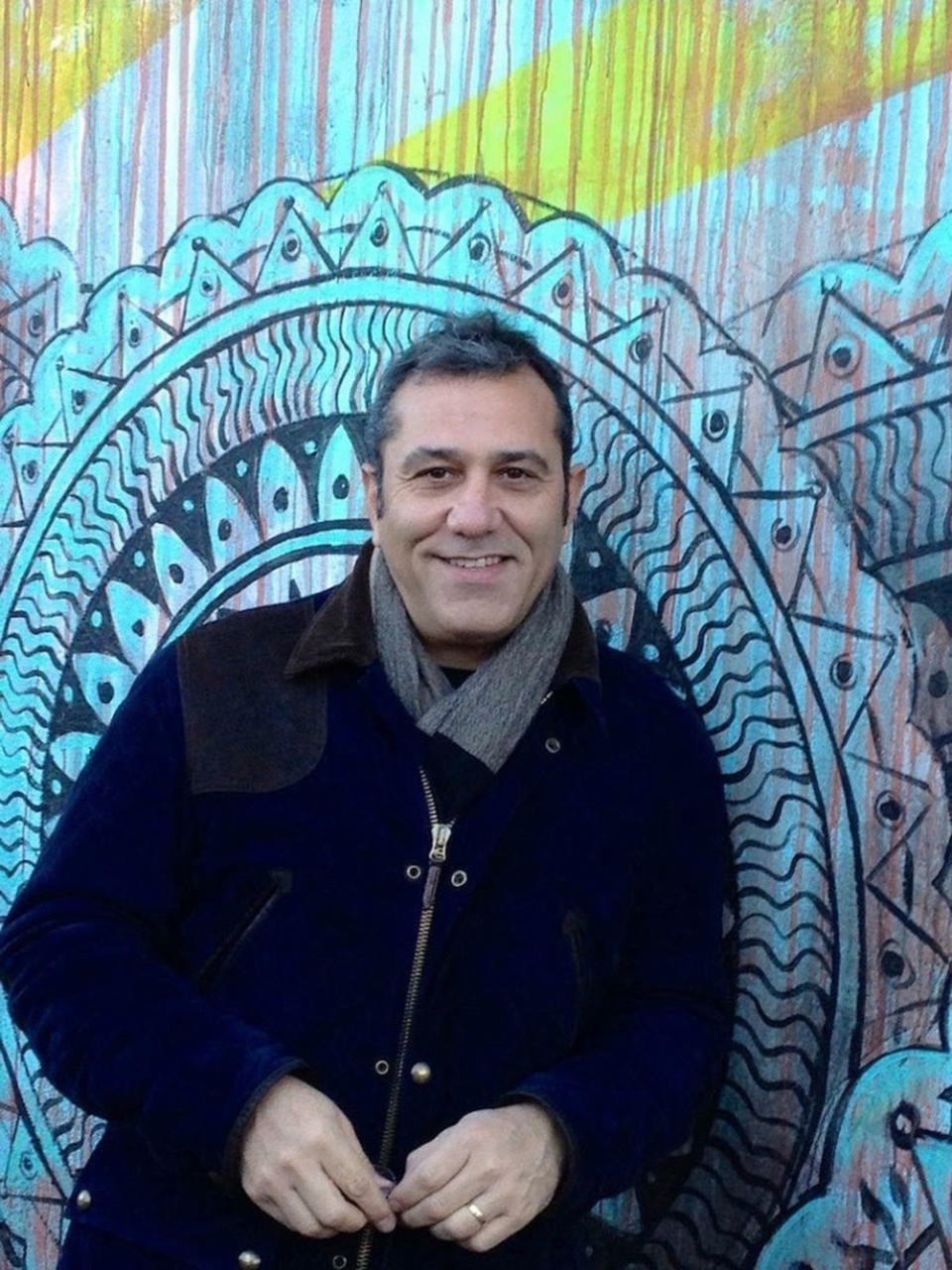The Biden administration informed Congress on Monday that it has taken concrete steps to carry out a prisoner exchange with Iran, issuing a waiver that will give Tehran access to $6 billion in Iranian oil revenue that had been blocked by U.S. sanctions, according to a State Department document sent to Congress and obtained by NBC News.
Secretary of State Antony Blinken last week issued a sweeping waiver to international banks allowing the transfer of $6 billion in frozen Iranian funds from South Korea to Qatar without the threat of U.S. sanctions, according to the State Department report notifying Congress of its decision. Iran will then be permitted to use the funds to buy food, medicine or other humanitarian items allowed under U.S. economic sanctions.
In addition, the administration told lawmakers it would free five Iranian nationals under detention in the U.S. in exchange for five Americans held in Iran, according to the document.
The move is the latest sign that the prisoner exchange is moving ahead.
The text of Blinken’s waiver decision, which was first reported by The Associated Press, says that “the United States has committed to release five Iranian nationals currently detained in the United States and to permit the transfer of approximately $6 billion in Iranian funds held in restricted accounts in the ROK (Republic of Korea) to restricted accounts in Qatar, where the funds will be available only for humanitarian trade.”
Adrienne Watson, a spokeswoman for the National Security Council, said in a statement Monday night that “no individuals have been or will be released into U.S. custody this week.”
“This remains a sensitive and ongoing process,” she said. “We have kept Congress extensively informed from the outset of this process — long before today — and we will continue to do so, including with additional already scheduled briefings this week.”
NBC News first reported on the outlines of the prisoner exchange negotiations in February, and U.S. officials have acknowledged the deal in recent weeks.
“Allowing these funds to be transferred from restricted Iranian accounts held in the ROK to accounts in Qatar for humanitarian trade is necessary to facilitate the release of these U.S. citizens,” the State Department report said. “However, this transfer will provide limited benefit to Iran, since the funds may only be used for humanitarian trade after they are transferred to the destination accounts.”
The deal has already come under fierce criticism from Republicans in Congress and other skeptics, who say that the administration is rewarding Iran for imprisoning innocent Americans and that it will only encourage the regime to detain more foreigners. A similar prisoner exchange arrangement during the Obama administration, in which Iran was given access to blocked funds, also faced sharp criticism.
Soon after the administration notified Congress on Monday, Republican Sen. Chuck Grassley of Iowa blasted the decision, calling it “ridiculous” that the U.S. was being “blackmailed into paying $6B for hostages.” GOP Sen. Tom Cotton of Arkansas accused President Joe Biden of paying “ransom” to Iran on the anniversary of the Sept. 11, 2001 terror attacks, saying the president “desecrates this day.”
But supporters of the administration say the White House had to use the leverage it had to secure the freedom of the imprisoned Americans, who have been behind bars for years. Human rights groups say the espionage charges against the U.S. prisoners are without foundation.
Iran rejects the accusation and says all foreign prisoners are treated in accordance with the country’s laws.
A senior Biden administration official has said the prison swap deal is expected to be completed this month.
The three Americans held in Iran who have been publicly identified by the U.S. are: Siamak Namazi, an Iranian American businessman who has been held prisoner for nearly eight years, longer than any of the other current U.S. detainees; Morad Tahbaz, an Iranian American who also holds British citizenship, who was arrested in January 2018 and convicted of espionage in 2019; and Emad Shargi, an Iranian-born businessman arrested in April 2018, cleared of all charges in 2019 and then charged and imprisoned again in 2020.
The U.S. government has not publicly identified the two other U.S. prisoners due to be released.




The waiver specially permits financial institutions in Germany, Ireland, Qatar, South Korea and Switzerland to handle the transfer of Iranian funds from South Korea to Qatar.
Without explicit assurances from the U.S. government and Treasury Department, European or other foreign banks are often reluctant to approve any transfer of funds linked to Iran, fearing they will be subject to U.S. sanctions.
This article was originally published on NBCNews.com





